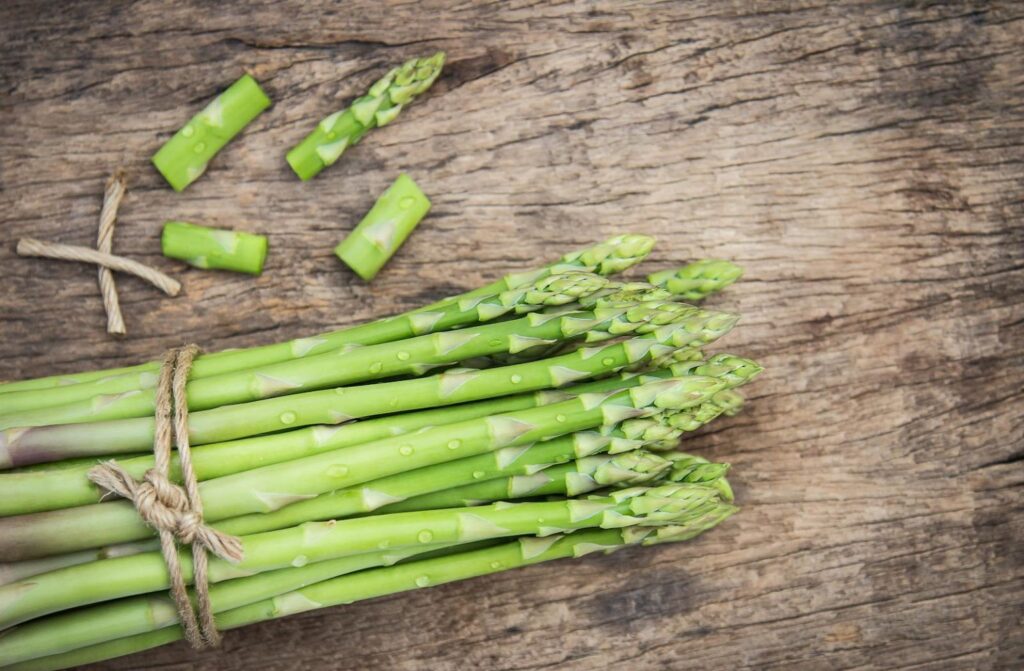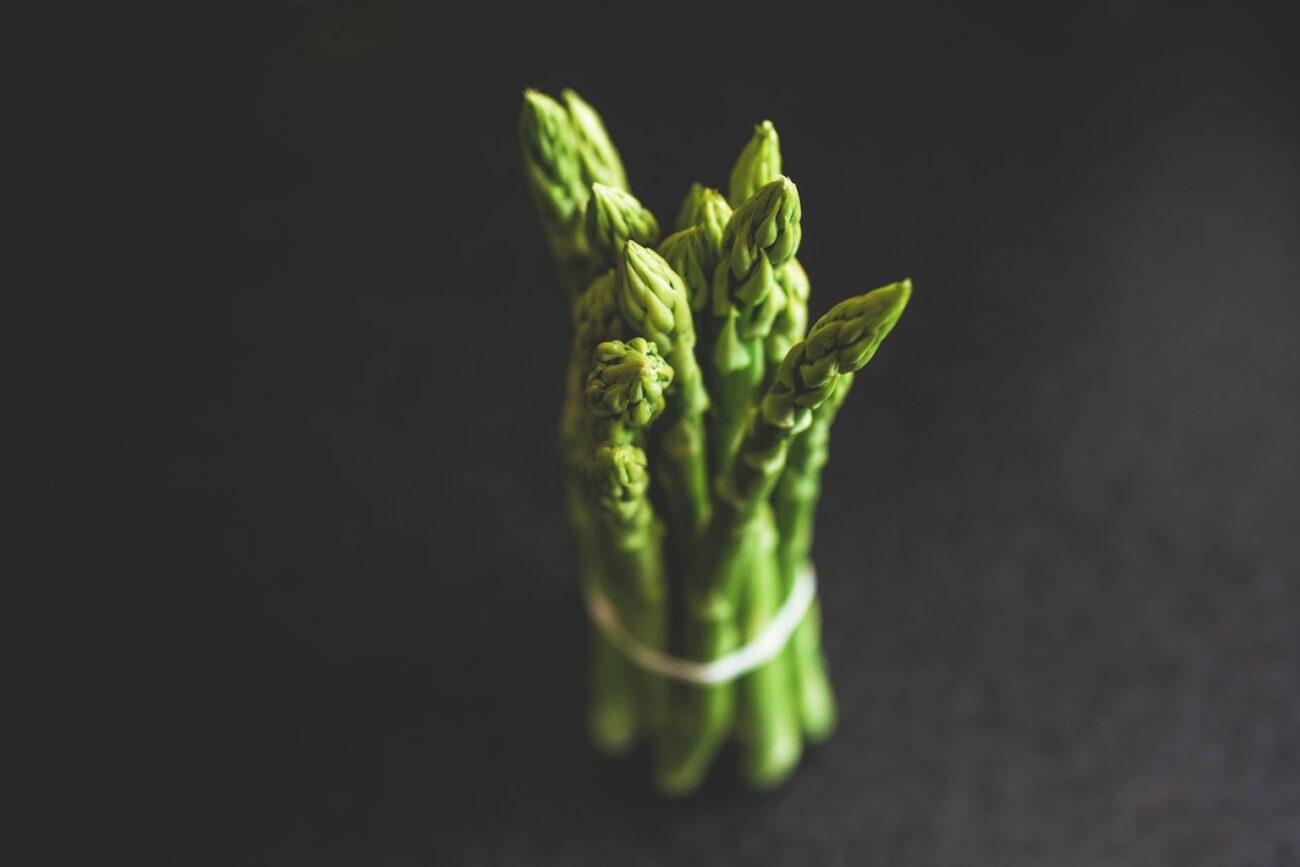As the days grow warmer and spring blooms around us, one vegetable takes center stage on dinner plates and in farmers’ markets: asparagus. Known for its vibrant green spears and distinct flavor, asparagus is not only a culinary delight but also a nutritional powerhouse. Packed with vitamins, minerals, and antioxidants, this versatile veggie offers a wide range of health benefits.
Whether you’re a long-time asparagus lover or new to this seasonal gem, let’s explore its properties, benefits, and the best ways to enjoy it.
What Makes Asparagus So Special?
Asparagus (Asparagus officinalis) is a perennial plant that has been cultivated for thousands of years, prized for its unique taste and medicinal properties. It’s low in calories but rich in essential nutrients, making it a fantastic addition to any diet. Here’s a snapshot of its nutritional profile:
- Vitamins: High in vitamins A, C, E, and K, as well as folate (vitamin B9), which supports cell growth and development.
- Minerals: A good source of potassium, phosphorus, and calcium, essential for heart health, bone strength, and muscle function.
- Antioxidants: Contains glutathione, quercetin, and rutin, which help combat oxidative stress and inflammation.
- Fiber: Rich in dietary fiber, promoting digestive health and regularity.
- Prebiotics: Contains inulin, a type of fiber that feeds beneficial gut bacteria.
Health Benefits of Asparagus
1. Supports Digestive Health
Asparagus is an excellent source of dietary fiber, which aids in digestion and prevents constipation. Additionally, its prebiotic properties help nourish the good bacteria in your gut, promoting a healthy microbiome and improving overall gut health.
2. Rich in Antioxidants
The antioxidants in asparagus, such as glutathione and vitamin E, help protect your cells from damage caused by free radicals. This can reduce inflammation, lower the risk of chronic diseases, and support healthy aging.
3. Promotes Heart Health
Asparagus is a heart-friendly vegetable. Its high potassium content helps regulate blood pressure, while its folate content supports cardiovascular health by reducing homocysteine levels, a risk factor for heart disease.
4. Supports Healthy Pregnancy
Asparagus is an excellent source of folate, a crucial nutrient for pregnant women. Folate helps prevent neural tube defects in developing babies and supports healthy fetal growth.
5. May Aid in Weight Loss
Low in calories and high in fiber, asparagus is a great addition to a weight-loss diet. It keeps you feeling full longer, reducing the likelihood of overeating, while its diuretic properties help reduce water retention.
6. Boosts Immune Function
With its high vitamin C content, asparagus can strengthen your immune system, helping your body fight off infections and illnesses.
7. Supports Bone Health
Asparagus is rich in vitamin K, which plays a key role in bone metabolism and calcium absorption. Regular consumption can help maintain strong bones and reduce the risk of osteoporosis.
8. Natural Detoxifier
Asparagus contains amino acids and minerals that support liver function and promote detoxification. It also acts as a natural diuretic, helping to flush out excess fluids and toxins from the body.
How to Enjoy Asparagus
Asparagus is incredibly versatile and can be prepared in a variety of ways. Here are some delicious and healthy ways to incorporate it into your meals:
Cooking Methods
- Steaming: Preserves nutrients and enhances its natural flavor. Steam for 3-5 minutes until tender.
- Roasting: Toss asparagus spears with olive oil, salt, and pepper, then roast at 400°F (200°C) for 10-15 minutes for a crispy, caramelized treat.
- Grilling: Perfect for summer barbecues. Brush with olive oil and grill for 5-7 minutes until charred and tender.
- Sautéing: Quick and easy. Sauté with garlic, butter, or olive oil for a flavorful side dish.
Recipe Ideas
- Asparagus Soup: Blend steamed asparagus with vegetable broth, cream, and seasonings for a creamy, comforting soup.
- Asparagus Salad: Toss blanched asparagus with mixed greens, cherry tomatoes, feta cheese, and a light vinaigrette.
- Asparagus Pasta: Add sautéed asparagus to your favorite pasta dish for a nutritious boost.
- Asparagus Omelette: Incorporate chopped asparagus into your morning omelette for a protein-packed breakfast.
Tips for Selecting and Storing Asparagus
To get the most out of your asparagus, follow these tips:
- Choosing Fresh Asparagus: Look for firm, bright green spears with tightly closed tips. Avoid wilted or slimy stalks.
- Storing Asparagus: Keep asparagus fresh by trimming the ends and standing the spears upright in a jar with an inch of water. Cover loosely with a plastic bag and refrigerate for up to 5 days.
- Freezing Asparagus: Blanch asparagus spears in boiling water for 2-3 minutes, then plunge into ice water. Drain, pat dry, and freeze in airtight bags for up to 6 months.
Precautions and Considerations
While asparagus is safe for most people, there are a few things to keep in mind:
- Pungent Urine: Asparagus contains a compound called asparagusic acid, which can cause a distinct odor in urine. This is harmless and affects some people more than others.
- Gout or Kidney Stones: Asparagus is high in purines, which can increase uric acid levels. If you have gout or a history of kidney stones, consume it in moderation.
- Allergies: Though rare, some individuals may be allergic to asparagus. If you experience itching, swelling, or difficulty breathing after eating it, seek medical attention.

Asparagus is more than just a springtime delicacy—it’s a nutrient-dense superfood that offers a wide range of health benefits. From supporting digestion and heart health to boosting immunity and promoting healthy bones, this versatile vegetable deserves a regular spot on your plate. Whether you steam it, roast it, or toss it into a salad, asparagus is a delicious and easy way to nourish your body.
So, the next time you see those vibrant green spears at the market, grab a bunch and get creative in the kitchen. Your taste buds—and your body—will thank you!
What’s your favorite way to enjoy asparagus?
Share your recipes and tips in the comments below!

